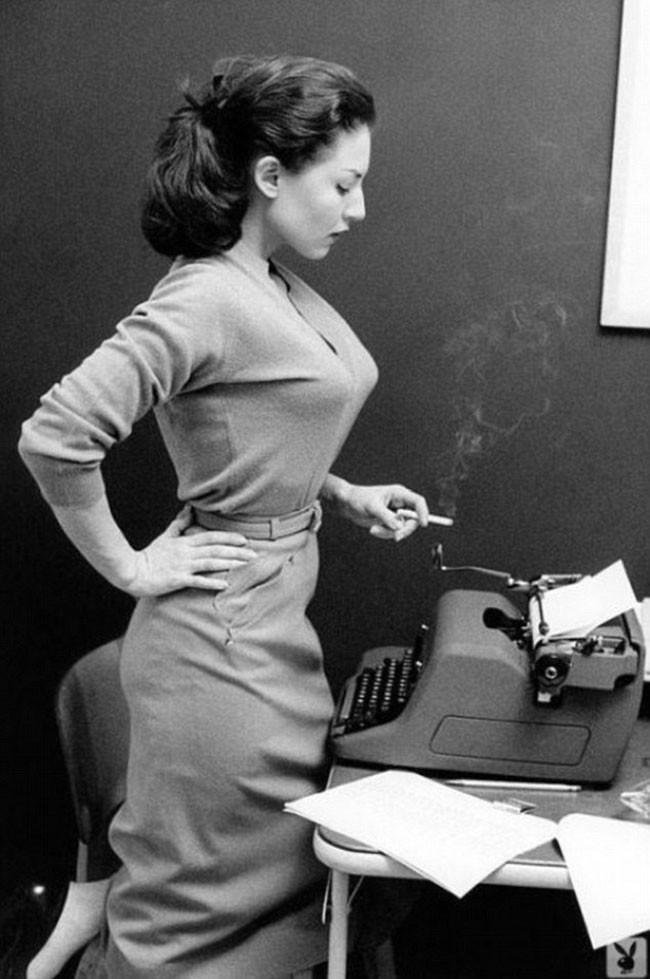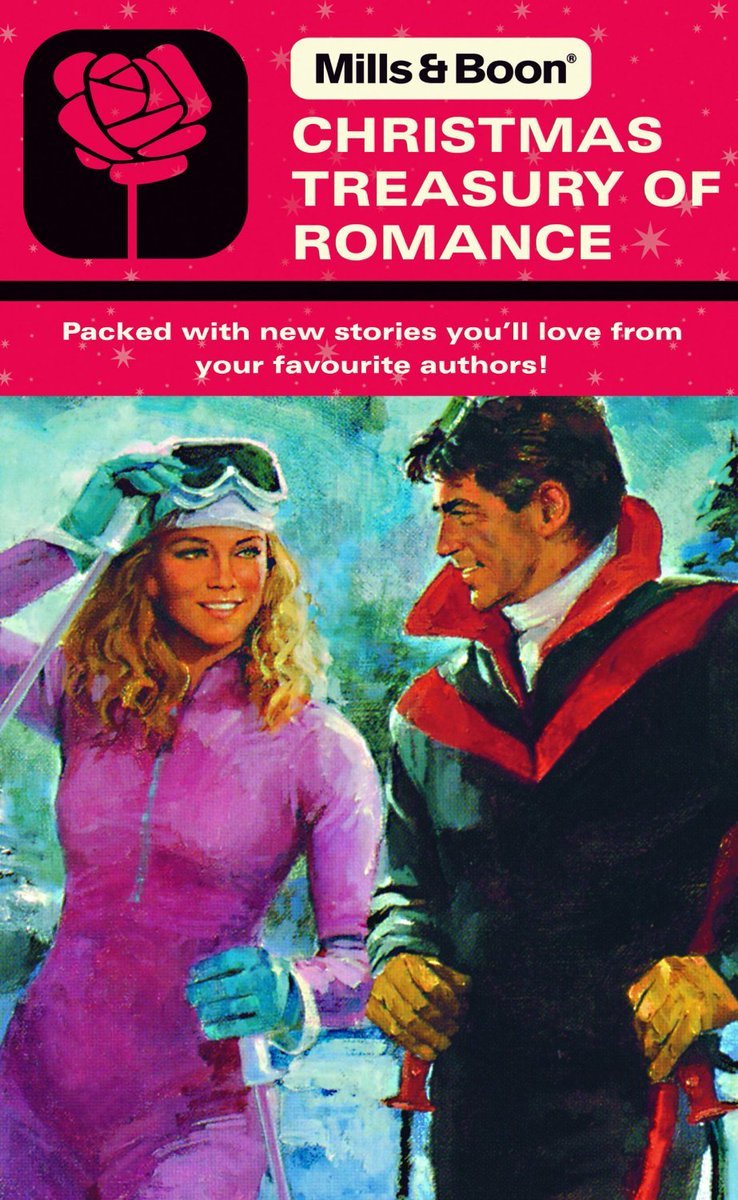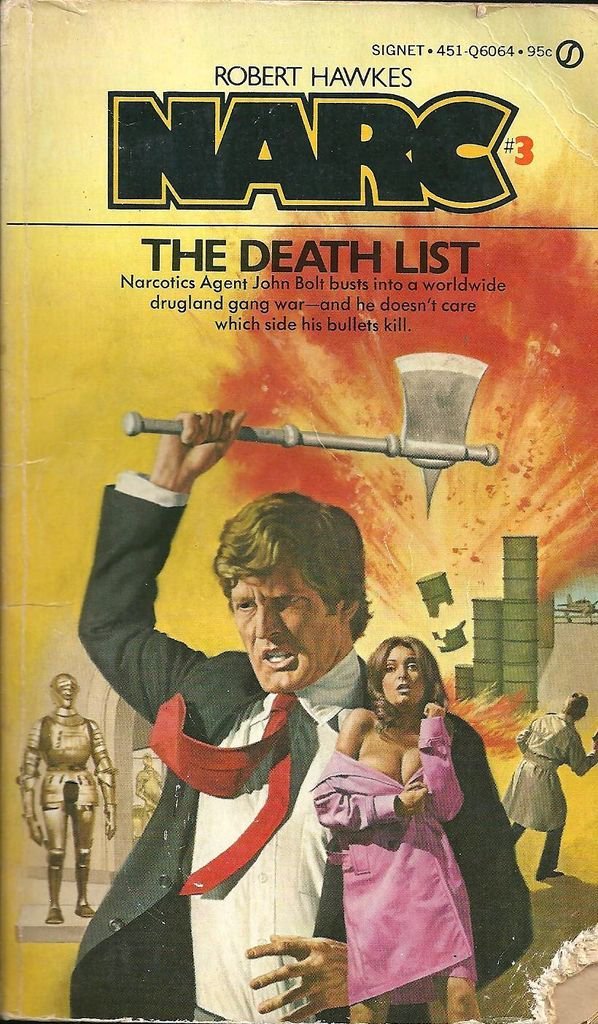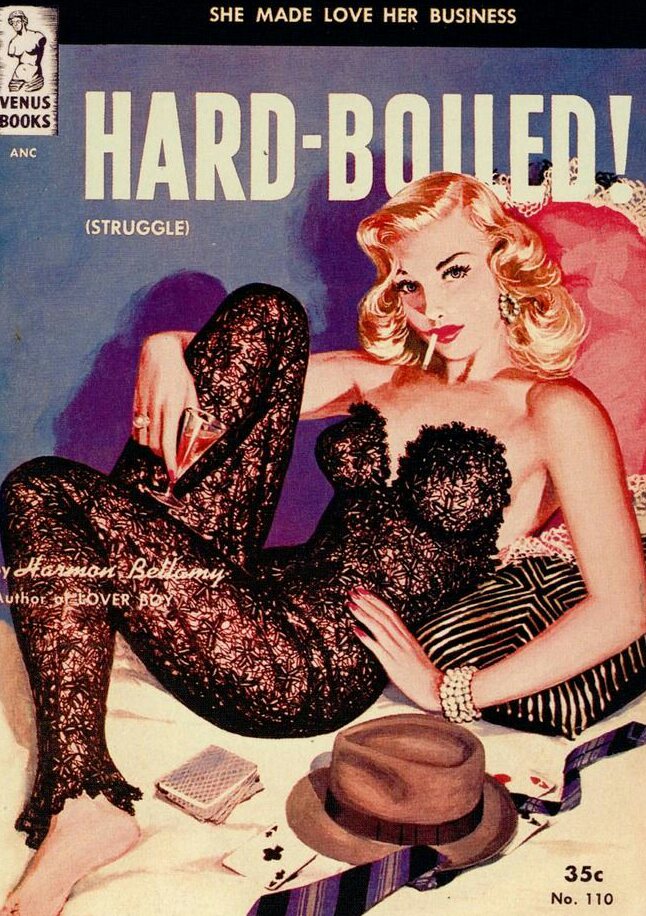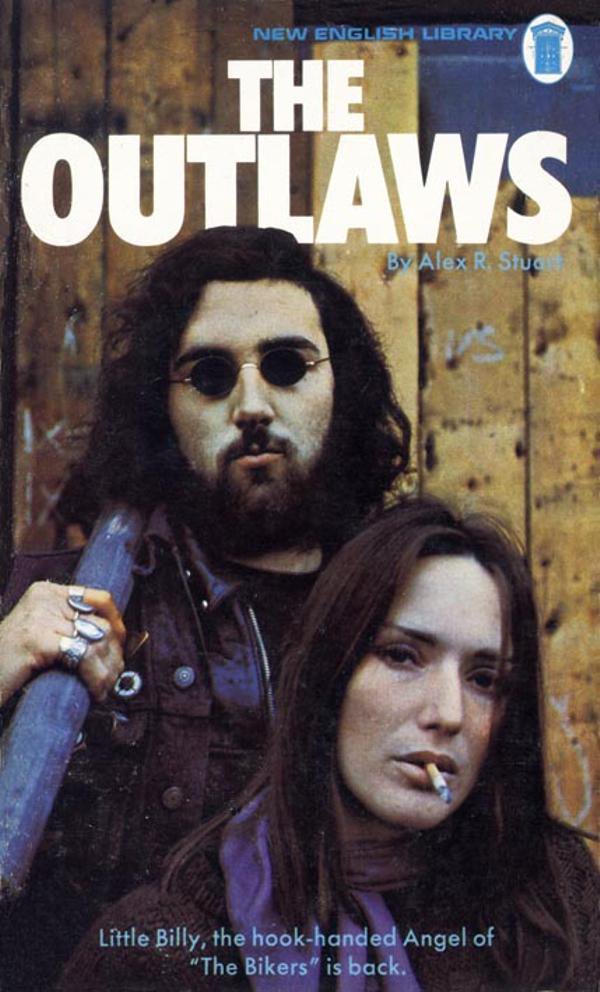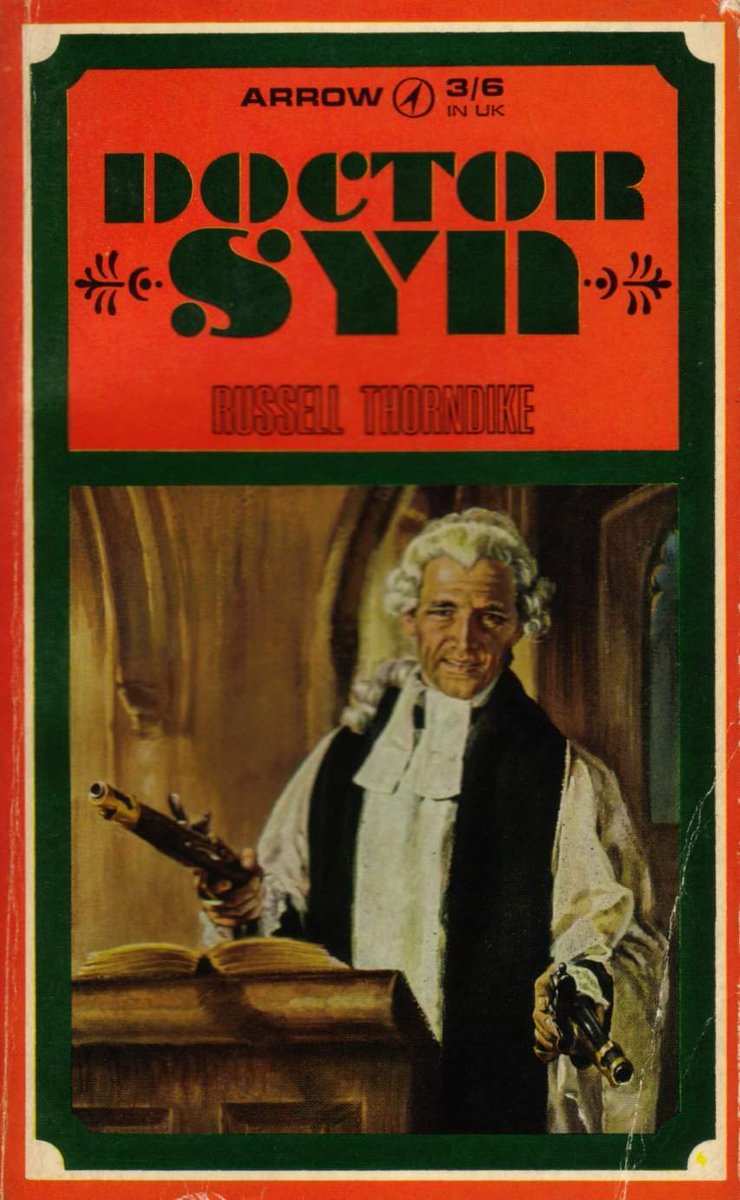Well that's annoying. Twitter for Android has stopped loading any images!
- it's not my settings
- it's not my phone
- it's not my data provider (so they say!)
Can you do me a favour? Hit 'like' if you can see a pic below of a man fighting an octopus. Reply if you can't.
- it's not my settings
- it's not my phone
- it's not my data provider (so they say!)
Can you do me a favour? Hit 'like' if you can see a pic below of a man fighting an octopus. Reply if you can't.

Hmm... looks like I can transmit but I can't receive images on the app. And I can't load the desktop version of Twitter on the laptop. Keeps saying 'something has gone wrong'
Any ideas folks?
Any ideas folks?

OK, a few folk in the south of the UK are reporting the same problem. I'm going to assume technology is ganging up on me and go to bed.
Let's see if this 21st Century Ceefax thingy works tomorrow...
Let's see if this 21st Century Ceefax thingy works tomorrow...

Hello @VodafoneUK, please see below:
- the pic on the left is Twitter for Android using the Vodafone network
- the pic on the left is Twitter for Android using the O2 network
Are you having some problems? I'm not the only UK user having this issue with Twitter and Vodafone...

- the pic on the left is Twitter for Android using the Vodafone network
- the pic on the left is Twitter for Android using the O2 network
Are you having some problems? I'm not the only UK user having this issue with Twitter and Vodafone...


• • •
Missing some Tweet in this thread? You can try to
force a refresh



